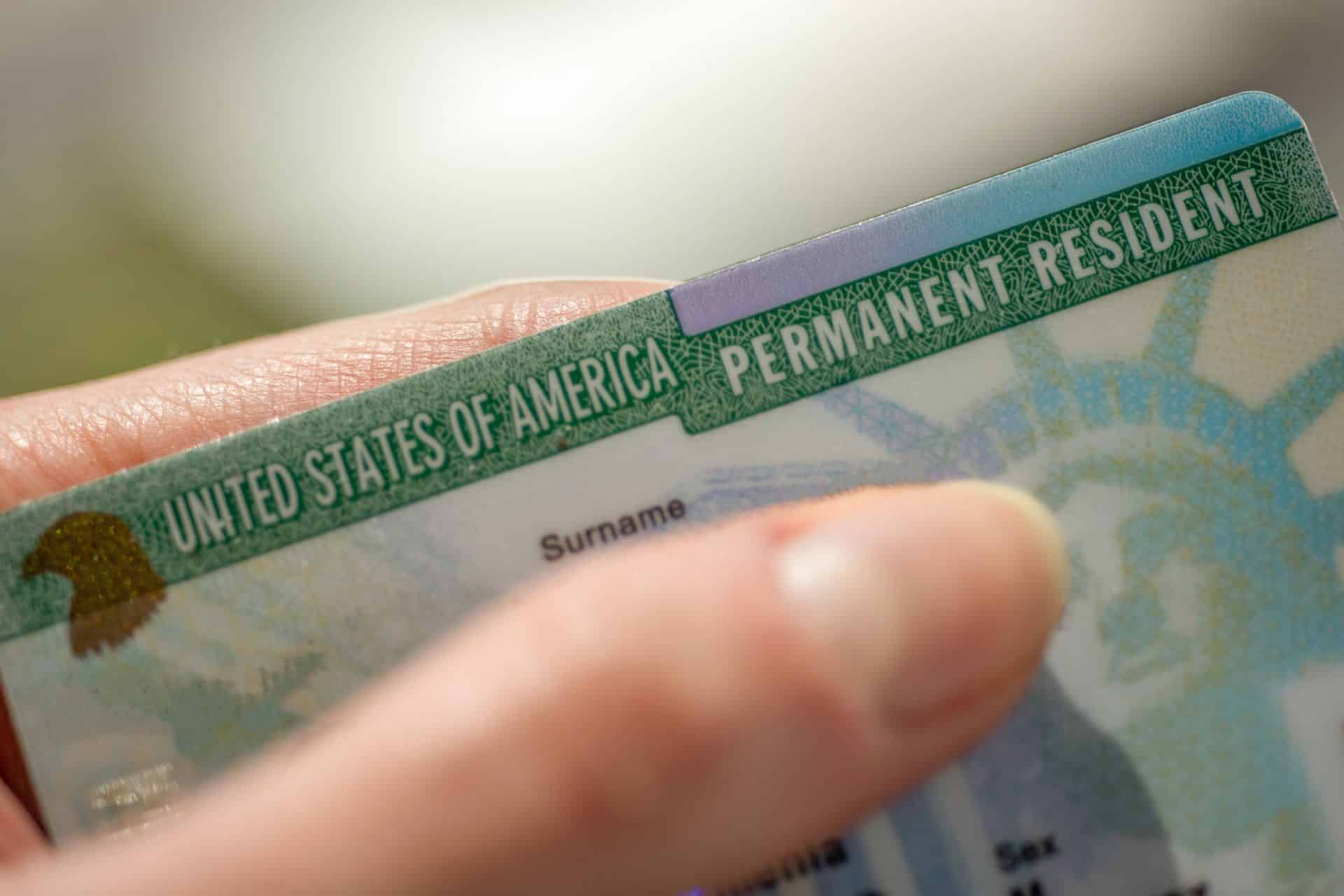Congress currently has the power to update cut-off date restrictions for the U.S. registry law which is used to determine when immigrants may be eligible to apply for permanent resident cards. While a specific cut-off date has not yet been determined, House Democrats are proposing eligibility for applicants who have lived in the United States for at least seven years. If the legislation is passed, nearly 8 million documented and undocumented immigrants would have a path to citizenship.
This week, 46 House Democrats introduced a bill, “Renewing Immigration Provisions of the Immigration Act of 1929.” The proposed legislation would grant status change and citizenship pathways for nearly 8 million immigrants, simply by updating the registry law. While a specific date has yet to be determined, House Democrats have proposed the bill’s application to applicants who have lived in the U.S. for at least seven years. This would then create a rolling registry, allowing new applications every year.
This proposal is drastically different from the existing policy, which requires an applicant to have lived in the U.S. since January 1, 1972. The registry process today, would require one to have lived in the U.S. for over 50 years to qualify. House Democrats have found issues with the current cut-off date, citing that between 2015 and 2018, only 305 people applied for permanent residence through the registry. Representative Zoe Lofgren, the bill’s author, stated, “What’s new is the Congress’ failure to regularly renew the date, as has happened so many times historically…”
This policy change has proven hope for several immigrants in the U.S., as the qualifications are not particularly outlandish. To qualify, an applicant must show they have not been convicted of certain crimes, have continuously resided in the U.S. since entry, and have demonstrated good moral character.
The proposed legislation was initiated in 2021, through President Biden’s Build Back Better Act. However, it failed in the Senate. If the “Renewing Immigration Provisions of the Immigration Act of 1929 is successful in the House, three-fifths of the Senate will need to affirmatively vote, before reaching President Biden’s desk and becoming law. A similar bill, which provided a pathway to citizenship for undocumented agriculture workers, recently received bipartisan support from Democrats and Republicans. House Democrats, immigrants, and activists have remained hopeful for the bill’s success.
If you have questions about your immigration-related issue, contact us. We are with you every step of the way.

